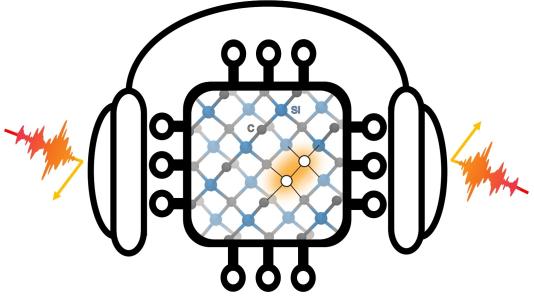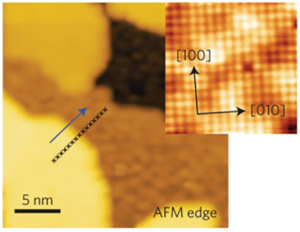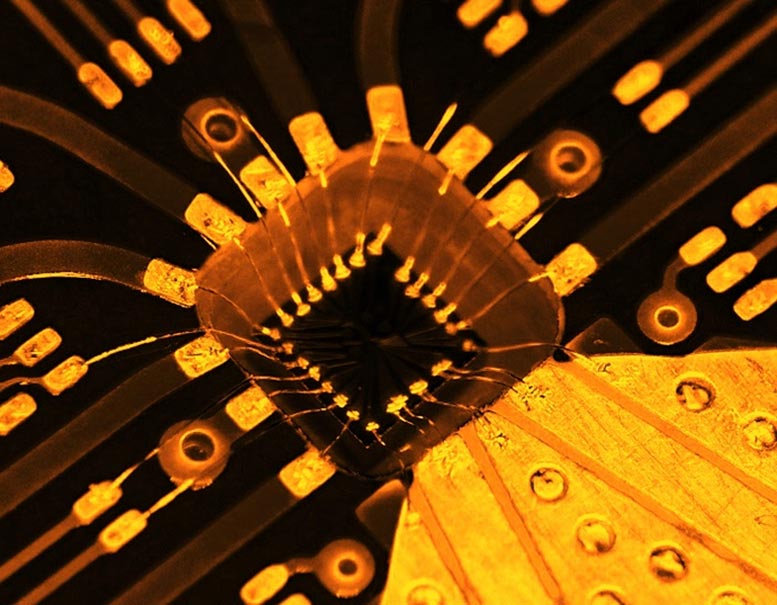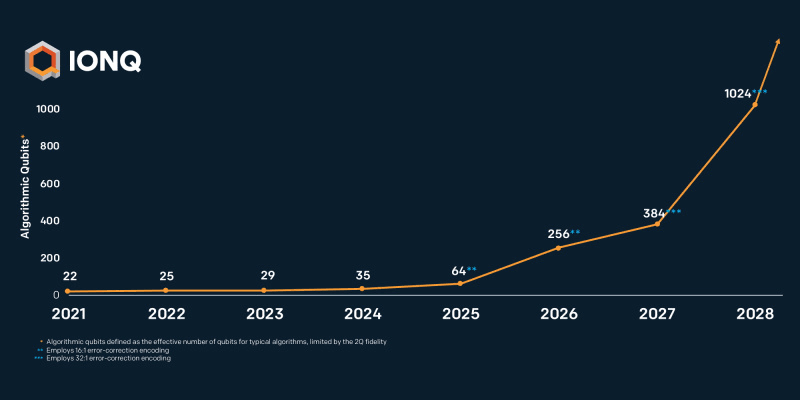Researchers at the U.S. Department of Energy’s (DOE) Argonne National Laboratory and the University of Chicago performed quantum simulations of spin defects, which are specific impurities in materials that could offer a promising basis for new quantum technologies. The study improved the accuracy of calculations on quantum computers by correcting for noise introduced by quantum hardware.
Looking at spin defects offers a real-world system to validate the capabilities of quantum computers. Performing calculations of the properties of materials and molecules on quantum computers faces a problem that one does not experience with a classical computer, a phenomenon known as hardware noise. Noisy calculations return slightly different answers each time a calculation is performed.
The paper has been published in PRX Quantum.





